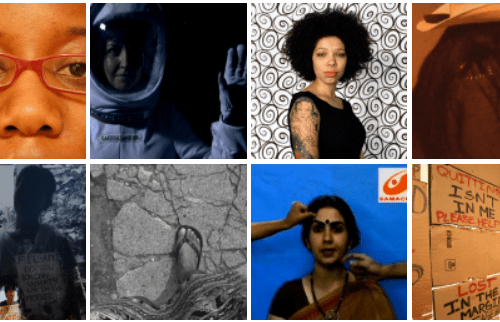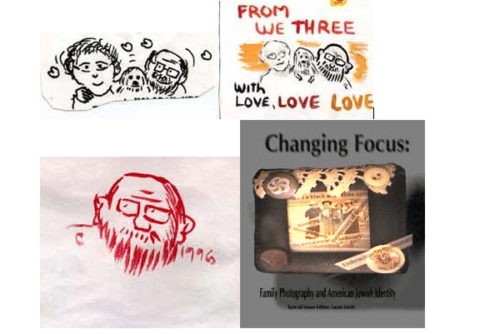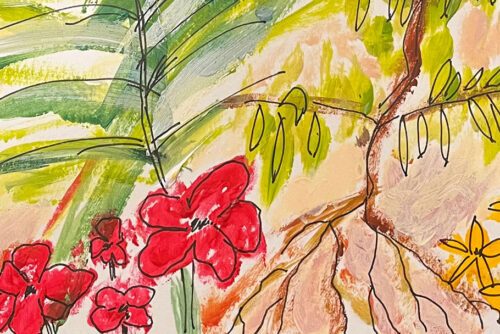When I teach a “Singing as Social Justice” workshop, I start by having everyone pair up and tell each other the stories of their voices. Everyone has a story, whether it’s “I love to sing but I’m tone deaf,” or “I’ve had years of training and I can only sing opera.” You may have been told you can’t sing, most likely in a moment when you were really enjoying yourself, or trying really hard. Or maybe you were told you have a good voice, and you learned to hone the qualities that are pleasing to others, carefully weeding out sounds that are unique, strange, or uncomfortable.
Most of us are afraid to use our authentic voices; we don’t even know what that might mean. So we stay silent. Or we push. We sing in one specific constructed way because we think that’s the only way to sound “good.” Whether you were taught to believe that you are a good or bad singer, it’s a judgment that can be built up into an identity, a system you can use against yourself and others.
But there are other possibilities. The voice, and the sensitivities derived from practicing and using it, can be used as a gage or an energizer in a space. It can be a source of pure expression, a way to connect, and a way to observe the space you’re taking up. When we’re stuck in our oppression we often feel voiceless, the throat closes up, we can’t find a way to say what we need to say, words come out as a whisper. When we are acting out of privilege or entitlement we don’t realize, energetically, what kind of impact we are having on the space we occupy, whose voices we are drowning out. The authentic voice can be used as a tool for social justice, a way to feel ourselves and hone our attunement to each other, to connect outside of social or institutional hierarchies.
For the sake of transparency, here are some of my insecurities about my voice: It sounds strained. It sounds stuck in my throat. It sounds boring. I run out of breath. I sound cheesy. I sound old. I sound young. I sound imitative. I’m not as good as Pat Benatar. I’m not as good as Patti LaBelle. I can’t do those really big high notes that lots of girl singers can do. I can’t do those really cool runs that R&B singers do. I don’t sound like I mean it. I’m being melodramatic. I went out of tune. I lost track of what I was doing. I sound wobbly. I sound scratchy. My throat hurts. I have to cough. My voice cracked.
I have been told to shut up. I have been told I can’t sing. I have been made fun of; I’ve been eye-rolled; I’ve been asked to please not sing because it’s not appropriate to the environment (obviously I thought it was, whoops).
One time I was at a silent meditation retreat where I was instructed, for accessibility reasons, to do chanting instead of walking meditation. I thought this was a great idea, but once I started doing it I realized there was a problem—I was the only person at a silent retreat making noise. And people were looking at me weird, walking away from me with annoyed looks on their faces. I worried that people thought I was just making up my own special rules, but I couldn’t explain myself, because it was a silent retreat. I watched the crows diving around in the sky squawking and screaming and I felt jealous of them for getting to express themselves without self-consciousness. After one of the teachers came and talked to me on the fourth day, saying other meditators were complaining, I had a breakdown, I cried and cried, feeling like I took up too much space, like there was simply not enough room for me in the world.
If I let any of these things stop me, I would not be a singer.



